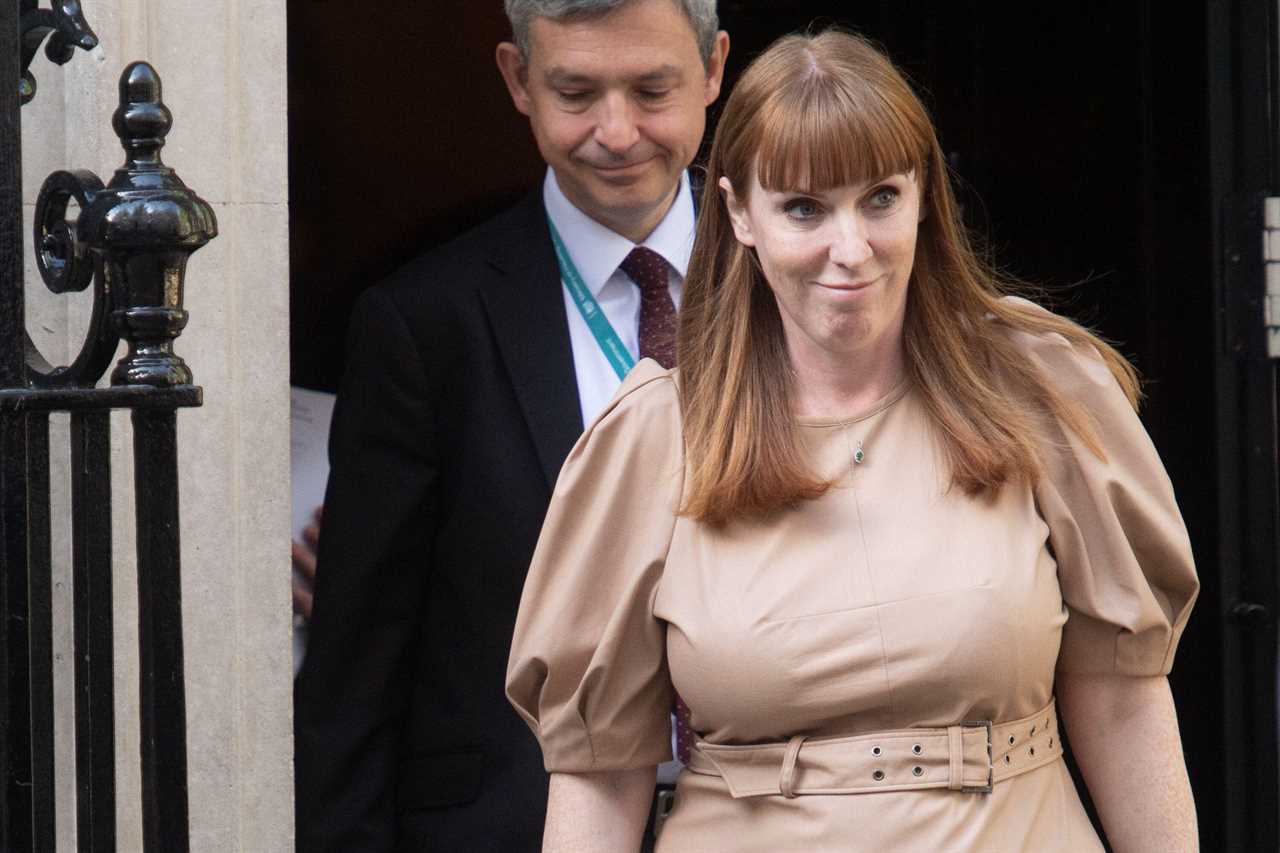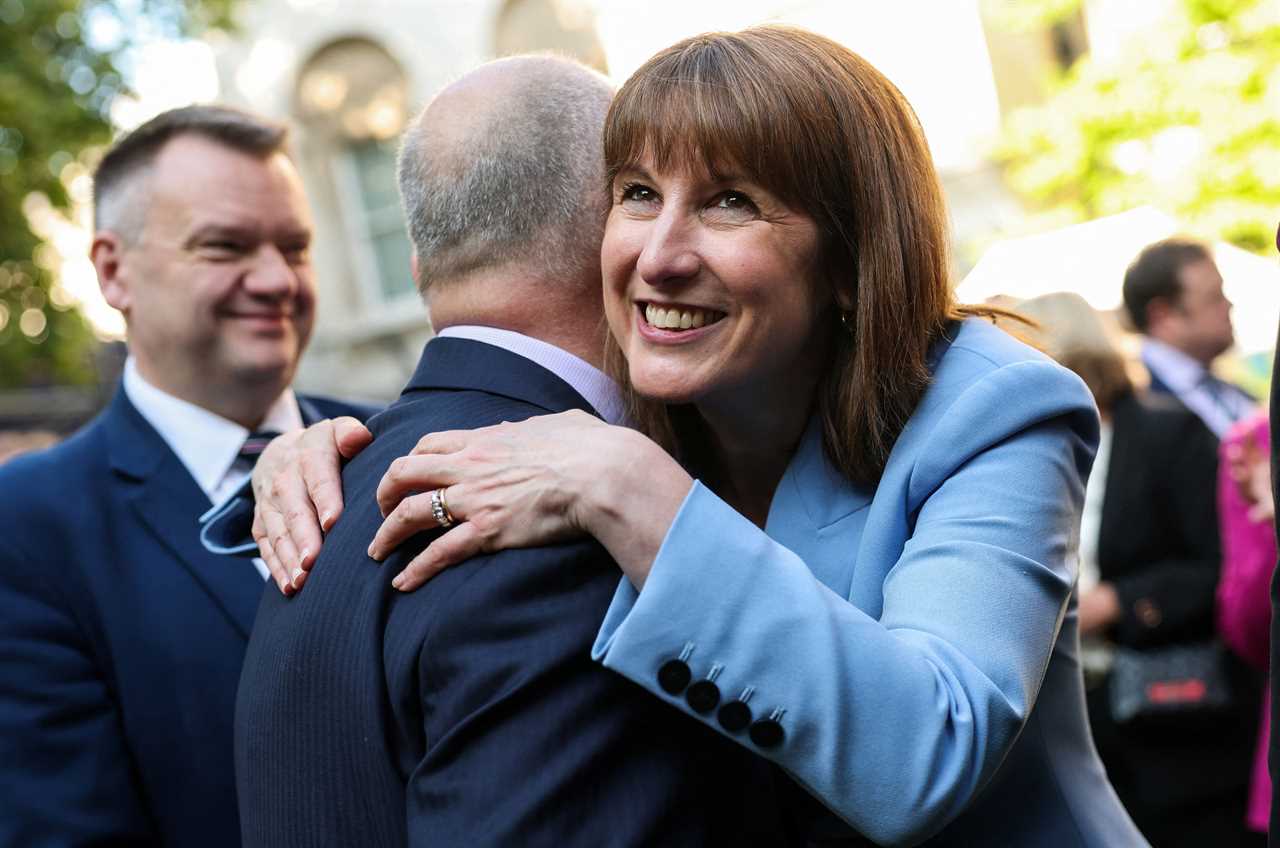
In a political landscape fraught with tension, Deputy Labour Leader Angela Rayner unequivocally denies aspirations for party leadership while entangled in a leaked memo controversy. Rayner's firm stance against Prime Ministerial ambitions comes amidst allegations linking her to proposals advocating tax increases and benefit cuts, intensifying internal party scrutiny.
The Policy Debate:
Rayner's purported endorsement of tax rises and child benefit reductions, as revealed in the leaked memo, underscores a contentious policy direction within the Labour Party. The proposed measures, aimed at households with earners between £50,000 and £80,000, challenge established Conservative tax breaks, potentially impacting key professions like teachers and healthcare workers. The memo's revelations fuel ongoing debates around fiscal policy and social welfare priorities.
Complexities of Welfare Reform:
Amid discussions on the two-child limit and welfare reforms, Deputy Leader Rayner navigates nuanced terrain regarding poverty alleviation strategies. Contrary to calls for abolishing the two-child cap as a definitive Labour statement, Rayner underscores the multifaceted nature of poverty, highlighting income stagnation, job insecurity, and soaring living costs as interconnected issues demanding comprehensive solutions.
Internal Party Struggles:
Labour's internal dynamics face heightened tensions as dissent simmers over welfare policies and leadership directions. PM Keir Starmer's wavering on welfare issues, including the recent U-turn on winter fuel allowance cuts, has triggered backlash within the party. The potential clash over the two-child cap abolition underscores divergent views on poverty alleviation strategies and exposes underlying fault lines within Labour's ranks.

As Labour grapples with reconciling policy stances and internal dissent, the ideological and strategic debates within the party are set against a backdrop of broader societal challenges. The intricate interplay between political positioning, social welfare imperatives, and leadership ambitions shapes Labour's narrative in a complex and evolving political landscape.
Did you miss our previous article...
https://trendinginthenews.com/uk-politics/the-complex-dynamics-behind-tories-potential-shift-from-kemi-badenoch-to-boris-johnson






